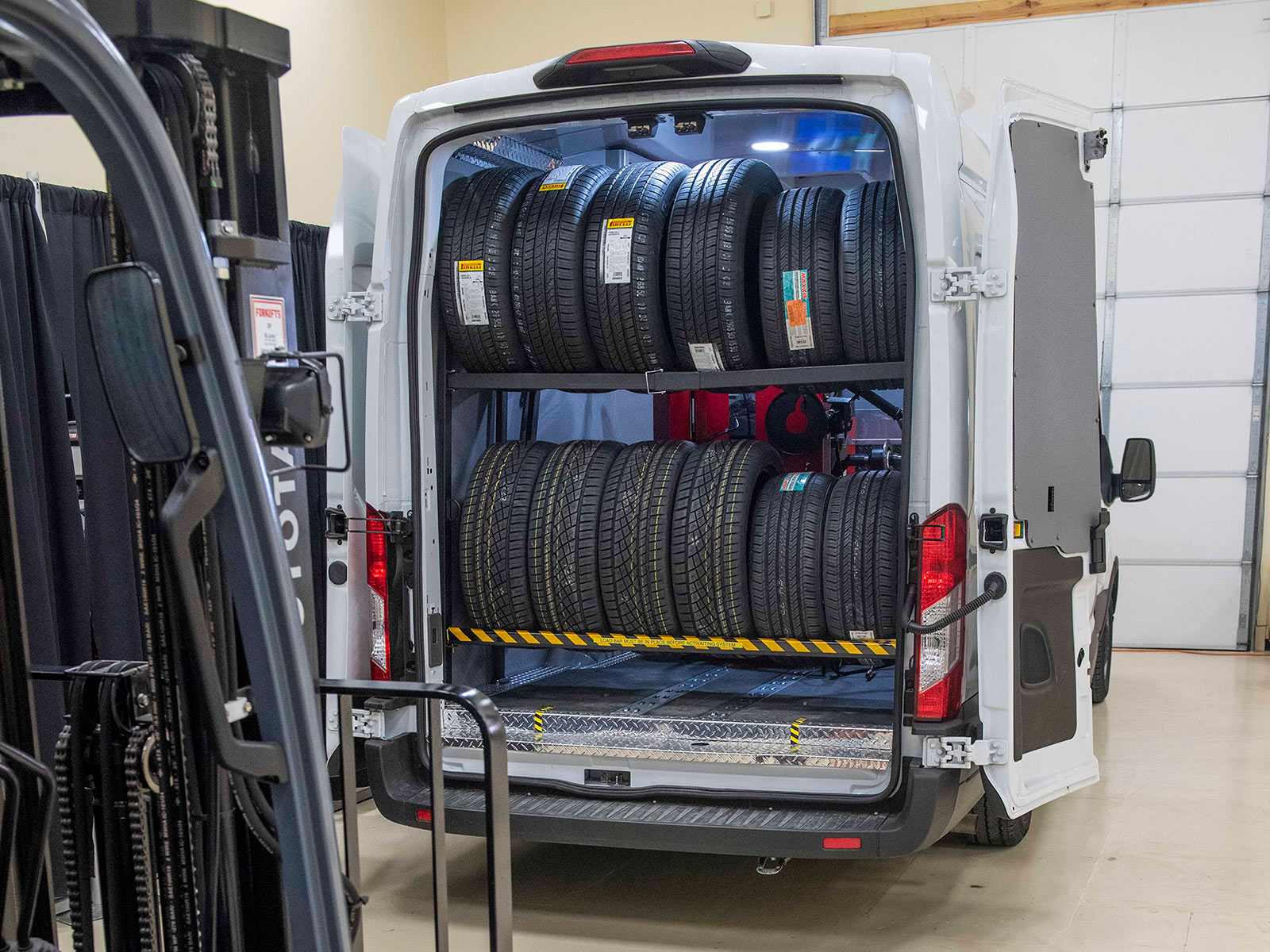Tire Solution: The Effect of Climate Condition
When it involves making certain optimum efficiency and safety and security when traveling, understanding the impact of weather condition conditions on tire service is vital. From scorching heat to icy roadways, each climate component can dramatically influence tire performance and total driving experience. By delving right into the impacts of differing weather condition conditions on tires, vehicle drivers can obtain important understandings that may improve their automobile's efficiency and longevity. In this conversation, we will check out the complex partnership in between weather and tire service, dropping light on the relevance of weather-specific tire maintenance methods and factors to consider.
Warm and Tire Efficiency
When subjected to high temperatures, tires experience adjustments in efficiency that can considerably affect automobile safety and handling. The warmth generated from extended driving or warm weather condition conditions causes the tire rubber to soften, leading to lowered walk life and boosted wear. As the rubber becomes softer, the tire's hold when driving decreases, impacting braking ranges and overall traction. In extreme cases, too much heat can even trigger tire blowouts, presenting a serious security threat to the lorry and its passengers.

Cold Climate Effects
Cold weather conditions can have a considerable effect on tire performance and safety and security. As temperatures decrease, tire rubber can harden, causing lowered traction on icy or snow-covered roadways. In cold weather, tires may likewise shed air stress more swiftly, which can influence handling and fuel efficiency. Furthermore, cold temperature levels can trigger tire sidewalls to tense, raising the threat of damage from gaps or other roadway dangers.
To reduce the results of cold weather on tires, it is important to regularly check tire pressure and inflate them to the maker's advised degrees. Utilizing wintertime or all-season tires created for winter conditions can also boost grip and hold on icy or snowy roadways. Correct tire maintenance, including regular examinations for wear and damages, ends up being a lot more vital during cooler months to make certain optimal efficiency and safety.
Rainy Issues Impact
Tires with damaged treads are extra susceptible to hydroplaning, where a layer of water develops up in between the roadway and the tire surface area, leading to loss of grip. To combat this, drivers like this must on a regular basis inspect their tires for appropriate tread deepness and think about investing in tires particularly created for damp conditions.
Furthermore, rainy weather can additionally decrease presence, making it challenging for chauffeurs to see the roadway in advance clearly (GMC Tire Service). In such problems, it is vital to adjust driving speeds accordingly and maintain a risk-free following distance to enable unexpected stops. Effectively inflated tires can also help in preserving control on damp roadways by giving much better handling and grasp
Snow and Tire Safety And Security
Snow-covered roads present special challenges for vehicle drivers, highlighting the significance of correct tire option and maintenance. When driving in snowy problems, having the best tires can make a considerable difference in safety and security and performance. Winter tires are made with unique rubber compounds and tread patterns to supply far better traction on snow and ice contrasted to all-season tires. The deeper footsteps and sipes of winter season tires aid grasp the roadway much better, decreasing the danger of sliding and slipping.

It is important to follow supplier instructions when mounting and utilizing tire chains to protect against damages to the tires and lorry. By picking the best tires, preserving correct rising cost of living, and considering added grip aids like tire chains, motorists can enhance their security when browsing snow-covered roads.
Weather-Related Tire Upkeep
When confronted with numerous weather condition problems, proper tire upkeep comes to be a vital element of car safety and security and performance. Weather-related tire upkeep incorporates a variety of methods focused on making certain ideal tire function and longevity in various weather condition scenarios. One essential element of weather-related tire maintenance is tire stress regulation. Changing temperature levels can create tire pressure to differ, affecting grip and fuel effectiveness. On a regular basis examining and More about the author changing tire stress according to producer suggestions is essential for secure driving in changing weather. Additionally, tire tread deepness plays a considerable role in dealing with various climate aspects. Tires with adequate step deepness offer much better grip on damp or icy roadways, decreasing the threat of hydroplaning or skidding. When step wear gets to a specific depth is vital for preserving traction and stability in negative weather, evaluating tire walk routinely and replacing tires. By focusing on weather-related tire maintenance, motorists can improve safety, boost lorry efficiency, and prolong the life expectancy of their tires.
Verdict
In verdict, weather condition conditions have a substantial effect on tire performance and safety. From heat impacting tire pressure and use to cold weather reducing traction, it is crucial to think about the weather when maintaining and utilizing tires.
In this discussion, we will discover the complex connection between weather condition problems and tire service, losing light on the value of weather-specific tire maintenance techniques and factors to consider.

Comments on “Morris Tires: Your Partner for Specialist GMC Tires Service”